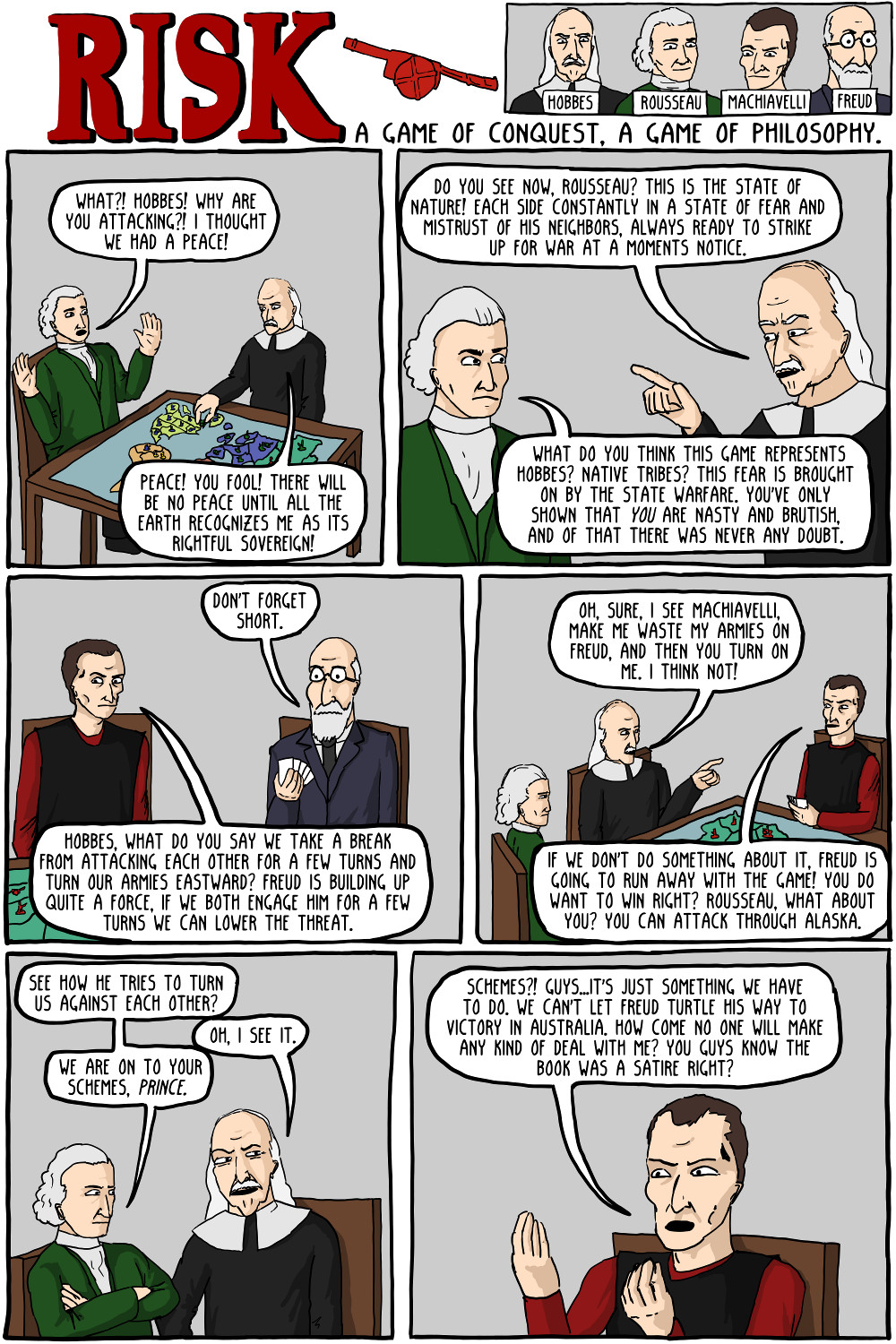Friedrich Nietzsche ( ) was a German philosopher and cultural critic who published intensively in the 1870s and 1880s. He is famous for uncompromising criticisms of traditional European morality and religion, as well as of conventional philosophical ideas and. This video appears in essay form, with addendum, as a chapter in Peter SjstedtH's paperback book, Noumenautics. Friedrich Nietzsche quotes from BrainyQuote. com Friedrich Nietzsche All things are subject to interpretation whichever interpretation prevails at a given time is a function of power and not truth. Friedrich Nietzsche and Nihilism. (Will to Power) Since Nietzsche's compelling critique, nihilistic failure, value destruction, and cosmic purposelessnesshave preoccupied artists, social critics, and philosophers. Convinced that Nietzsche's analysis was accurate. Nietzsche: The Doctrine of the Will to Power An explanation On one level, the will to power is a psychological insight: our fundamental drive is for power as realized in independence and dominance. This will is stronger than the will to survive, as martyrs willingly die for a cause if they feel. A basic element in Nietzsche's philosophical outlook is the will to power (der Wille zur Macht), which provides a basis for understanding human behavior more so than competing explanations, such as the ones based on pressure for adaptation or survival. Friedrich Wilhelm Nietzsche was a German philosopher, poet, composer, cultural critic, and classical philologist. He wrote critical texts on religion, morality, contemporary culture, philosophy, and science, displaying a fondness for metaphor, irony, and aphorism. The Will To Power is a set of excerpts from notebooks that was compiled after Nietzsche died, notably with mental deterioration from syphilis. It is the exact book called out in this article as a misrepresentation of Nietzsche's thought compiled by his Nazi sister. The will to power is a central concept in the philosophy of 19thcentury German philosopher Friedrich Nietzsche. It is best understood as an irrational force, found in all individuals, that can be channeled toward different ends. Among shapers of contemporary thoughtincluding Darwin, Marx, and FreudFriedrich Nietzsche is perhaps the most mysterious and least understood. THE WILL TO POWER Friedrich Wilhelm Nietzsche (Nov. 1887March 1888) CONTENTS: BOOK I EUROPEAN NIHILISM BOOK II CRITIQUE OF HIGHEST VALUES HITHERTO Friedrich Nietzsche (philosopher, author) Philosophy. What is Nietzsches the will to power? For Nietzsche, power is the 'feeling that resistance has been overcome the WtP, therefore, is the natural tendency of all creatures to encounter and attempt to overcome obstacles. Brain Pickings remains free Great Writers on the Power of Music Friedrich Nietzsche on Why a Fulfilling Life Requires Embracing Rather than Running from Difficulty Among them was the great German philosopher Friedrich Nietzsche (October 15, 1844August 25, 1900). Friedrich Nietzsche ( ) Nietzsche was a German philosopher, essayist, and cultural critic. His writings on truth, morality, language, aesthetics, cultural theory, history, nihilism, power, consciousness, and the meaning of existence have exerted an enormous influence on Western philosophy and intellectual history. Nietzsche spoke of the death of God, and foresaw the dissolution of. The Philosophy of Friedrich Nietzsche The Battle of God vs. Superman The Philosophy of Friedrich Nietzsche The Battle of God vs. Superman By Alan DeSantis His Life Born in 1844, Nietzsche came from a long line of Lutheran ministers PowerPoint PPT presentation free to view Friedrich Nietzsche ( ) was a literary and social critic, not a systematic philosopher. In ethics, the chief target of his criticism was the JudeoChristian tradition. He described Jewish ethics as a slave morality based on envy. Christian ethics, in his opinion, is even worse. Society and the Individual in Nietzsche's The Will to Power (1999) Travis J. In The Will to Power, specifically the section entitled The Will to Power as Society and Individual, Nietzsche's ideas concerning how his doctrine of the will to power is manifested in both societies as a whole and in individuals within a society are presented. Friedrich Nietzsche, The Will to Power. tags: endurance, friendship, inspirational, philosophy. Like It is a selfdeception of philosophers and moralists to imagine that they escape decadence by opposing it. That is beyond their will; and, however little they acknowledge it, one later discovers that they were among the most. 'Exploitation' belongs to the essence of what lives, as a basic organic function; it is a consequence of the will to power, which is after all the will to life. Friedrich Wilhelm Nietzsche was a German philosopher, cultural critic, composer, poet, philologist, and a Latin and Greek scholar whose work has exerted a pr For Nietzsche, the Will to Power is considered as knowledge, as nature, as society and the individual, and as art. Nietzsche presents a biologistic interpretation of the Will to Power as life. Nietzsche's final section of the book devoted to the matter of Discipline and Breeding outlines Nietzsche's idea of the eternal recurrence and how this. Friedrich Wilhelm Nietzsche (1844 1900) was a 19th Century German philosopher and philologist. He is considered an important forerunner of Existentialism movement (although he does not fall neatly into any particular school), and his work has generated an extensive secondary literature within both the Continental Philosophy and Analytic Philosophy traditions of the 20th Century. Friedrich Nietzsche is a name that evokes passion even today. His writing touched on almost every aspect of the human condition, and many of his aphorisms are still widely quoted. Will to power (German: Wille zur Macht) is a prominent concept in the philosophy of Friedrich Nietzsche. The will to power describes what Nietzsche may have believed to be the main driving force in humans achievement, ambition, and the striving to reach the highest possible position in life. Friedrich Nietzsche entry by Robert Wicks in the Stanford Encyclopedia of Philosophy, Nietzsche's Moral and Political Philosophy entry by Brian Leiter in the Stanford Encyclopedia of Philosophy. In Friedrich Nietzsche: Nietzsches mature philosophy life itself with the will to power, that is, with an instinct for growth and durability. That concept provides yet another way of interpreting the ascetic ideal, since it is Nietzsches contention that all the supreme values of mankind lack this willthat values which are. The philosopher Friedrich Nietzsche was born in Prussia in 1844. After the death of his father, a Lutheran minister, Nietzsche was raised from the age of five by his mother in a household of women. The will to power (German: der Wille zur Macht) is a prominent concept in the philosophy of Friedrich Nietzsche. The will to power describes what Nietzsche may have believed to be the main driving force in humans achievement, ambition, and the striving to reach the highest possible position in life. Friedrich Nietzsche was born near Leipzig in 1844. When he was only twentyfour he was appointed to the chair of classical philology at Basel University. Works published in the 1880s include The Gay Science, Thus Spoke Zarathustra, Beyond Good and Evil, On the Genealogy of Morals, Twilight of the Idols and The Antichrist. Friedrich Nietzsche Friedrich Nietzsche Born October 15, 1844 in Germany From age 14 to 19, Nietzsche attended a boarding school located where he prepared for university studies entered the University of Bonn in 1864 as a theology and philology student In 1869 began teaching at the University of Basel In 1872 Published his first book, The Birth of Tragedy Some of his main works: 1882. A basic element in Nietzsche's philosophical outlook is the will to power (der Wille zur Macht), which provides a basis for understanding human behavior more so than competing explanations, such as the ones based on pressure for adaptation or survival. While many people associate Nietzsche with Hitler, there are very few who would associate him with the Black Power movement in America. Newton, one of the key founders of the Black Panther Party, was an avid fan of Nietzsche. The philosopher Friedrich Nietzsche was born in Prussia in 1844. After the death of his father, a Lutheran minister, Nietzsche was raised from the age of five by his mother in a household of women. from Nietzsche's The Gay Science, s. We have arranged for ourselves a world in which we can live by positing bodies, lines, planes, causes and effects, motion and rest, form and content; without these articles of faith nobody could now endure life. Nietzsche on the will to power THE WILL TO POWER The will to power is perhaps the key concept in Nietzsches philosophy. It is strongly connected to his concept of life. So in Beyond Good and Evil 13, Nietzsche says A living Friedrich Nietzsche, a German philosopher. Nietzsche is the philosopher of the will to power, seen as vital creation and fulfillment. What is essential is our world as it is joy and desire for power. As for the illusion of ulterior worlds, Nietzsche stalking in all its forms. Search the history of over 338 billion web pages on the Internet. Description and explanation of the major themes of Friedrich Nietzsche ( ). This accessible literary criticism is perfect for anyone faced with Friedrich Nietzsche ( ) essays, papers, tests, exams, or for anyone who needs to create a Friedrich Nietzsche ( ) lesson plan. Friedrich Nietzsche Marriage, Age, Yourself, Old Age, You On the mountains of truth you can never climb in vain: either you will reach a point higher up today, or you will be training your powers so that you will be able to climb higher tomorrow. Friedrich Nietzsche was the most influential German Philosopher since Kant and Hegel. He was, as well, a classical scholar, philosopher, and critic of culture who became one of the most brilliant (the stars Arcturus and Spica conjunct the Sun) and influential of all modern thinkers. That is, to get the NRealist Nietzschean conclusion that what is valuable is power, take (P) and plug in a strong form of Nietzsche's descriptive doctrine of the will to power the doctrine, roughly, that all persons intrinsically desire only power. The Will to Power is a book containing selectively reordered notes from Friedrich Nietzsche's notebooks, by his sister Elisabeth and Peter Gast. It was first released with other unpublished writings in 1901. Friedrich Nietzsche Delphi Complete Works of Friedrich Nietzsche (Illustrated): Friedrich Nietzsche, Delphi Classics Our drives are reducible to the will to power. Collection of sourced quotations by Friedrich Nietzsche on power. Discover popular and famous power quotes by Friedrich Nietzsche. Generally, Will to Power underpins Nietzsches writings and themes ontology, epistemology, the constitution of the human subject, the history and development of values and valuation. Our latest collection of Friedrich Nietzsche quotes on Everyday Power Blog. Friedrich Nietzsche was a German philosopher, essayist, and cultural critic whose writings had a major influence on Western philosophy and intellectual history. The ORDER of Nietzsches notes was originally directed by Elisabeth FrsterNietzsche (et al. ), but the note TEXT itself was written by Friedrich Nietzsche. In fact, the fourfold division of the manuscript was suggested by Nietzsche himself, and the name The Will to Power was planned by him (e. in Genealogy, T3, 27; and in a. The will to power is a prominent concept in the philosophy of Friedrich Nietzsche. The will to power describes what Nietzsche may have believed to be the main driving force in humans achievement, ambition, and the striving to reach the highest possible position in life..











